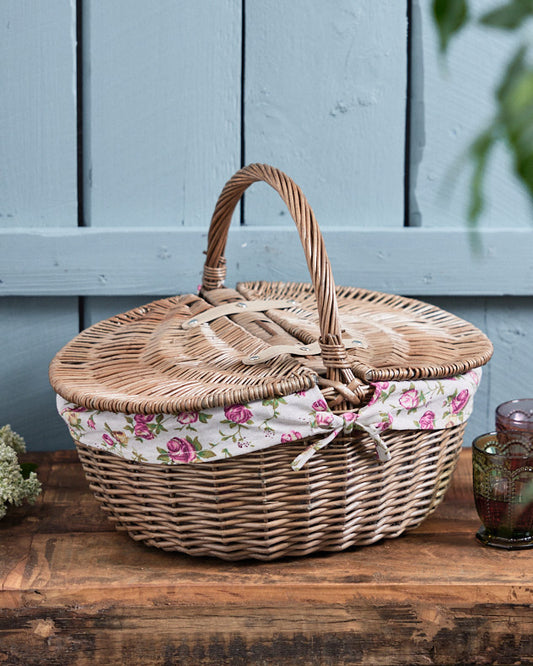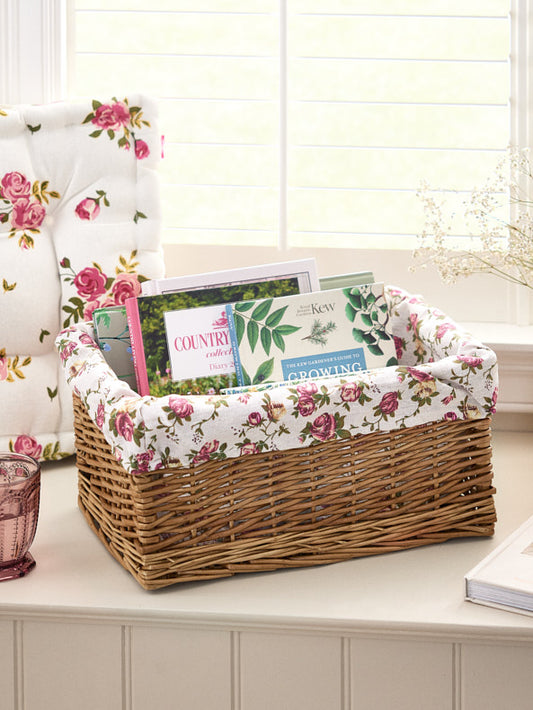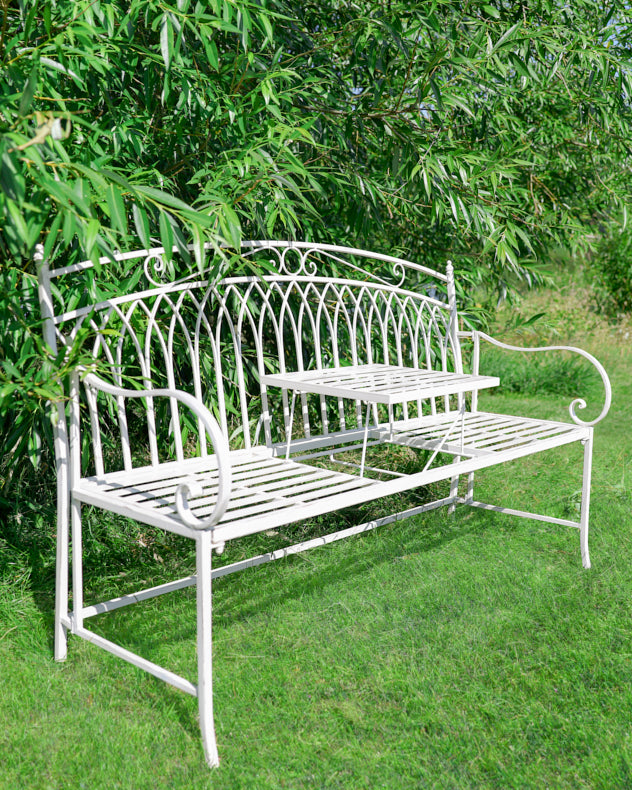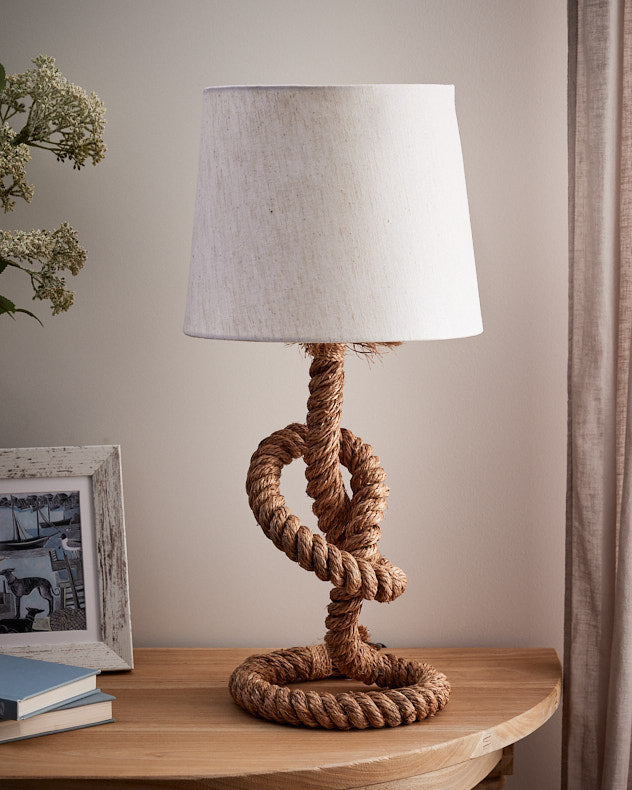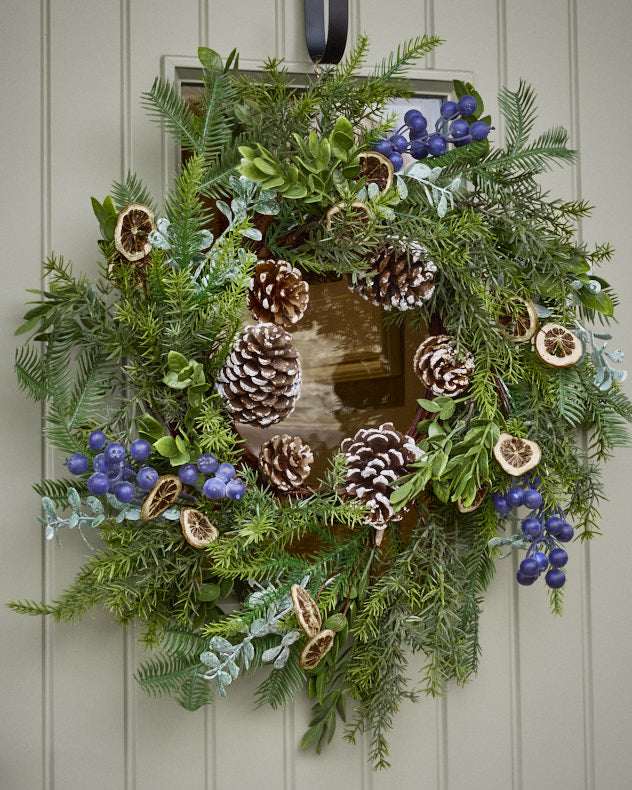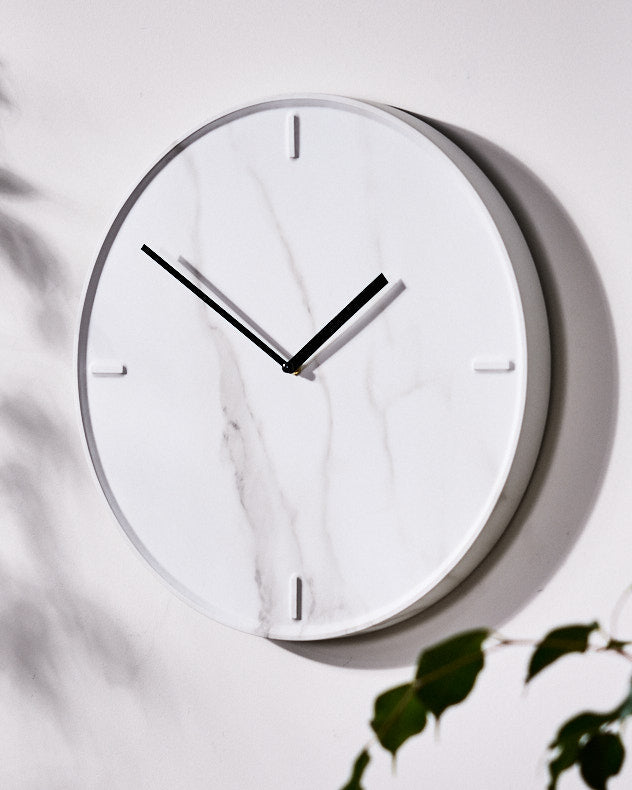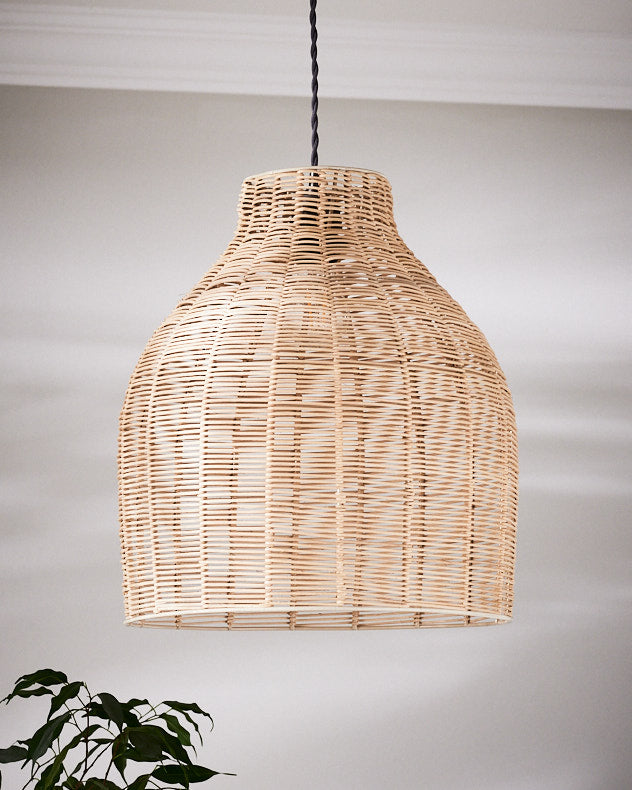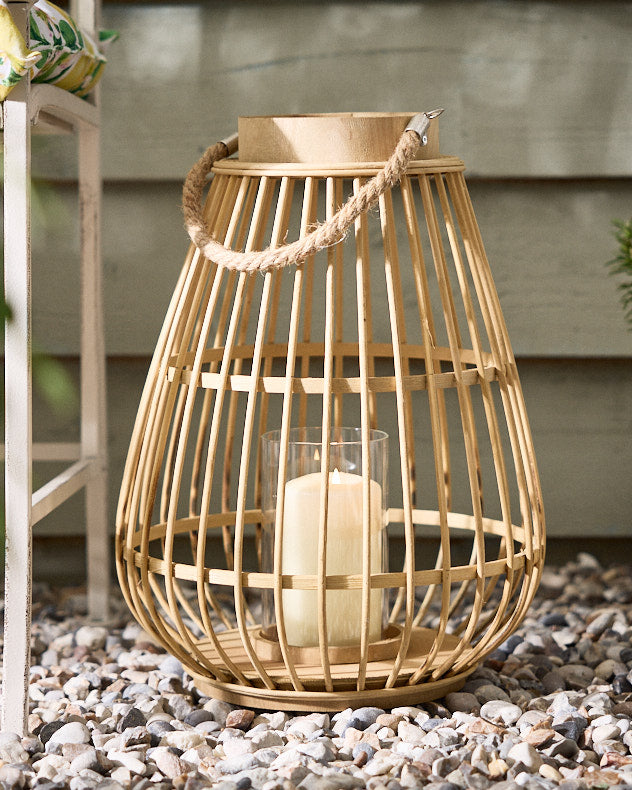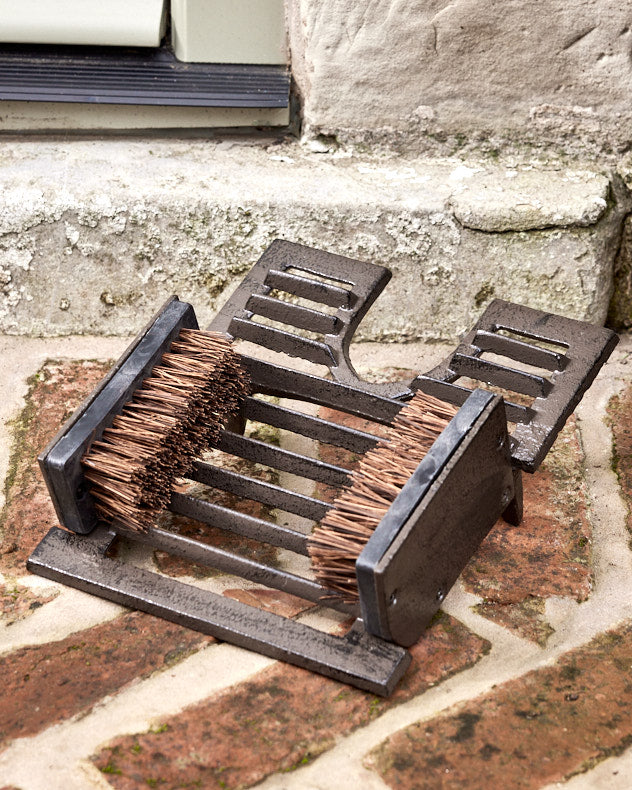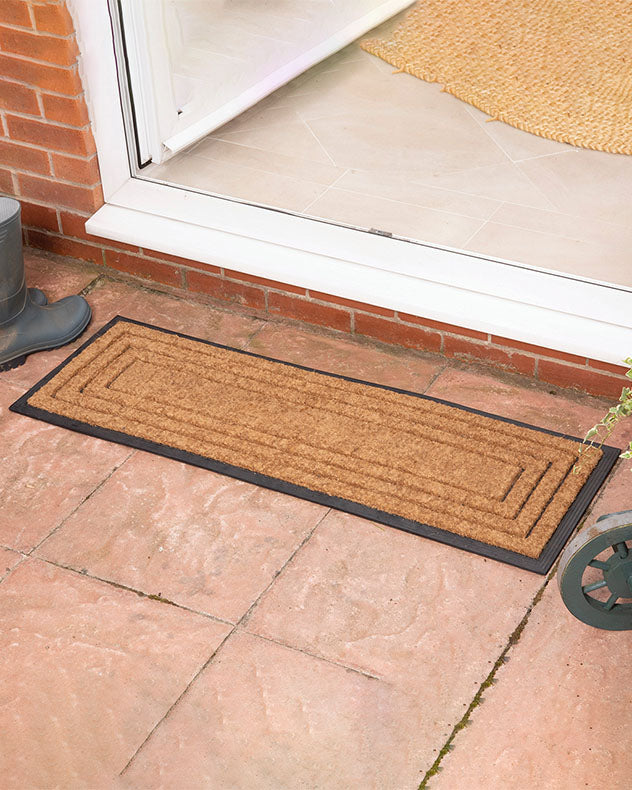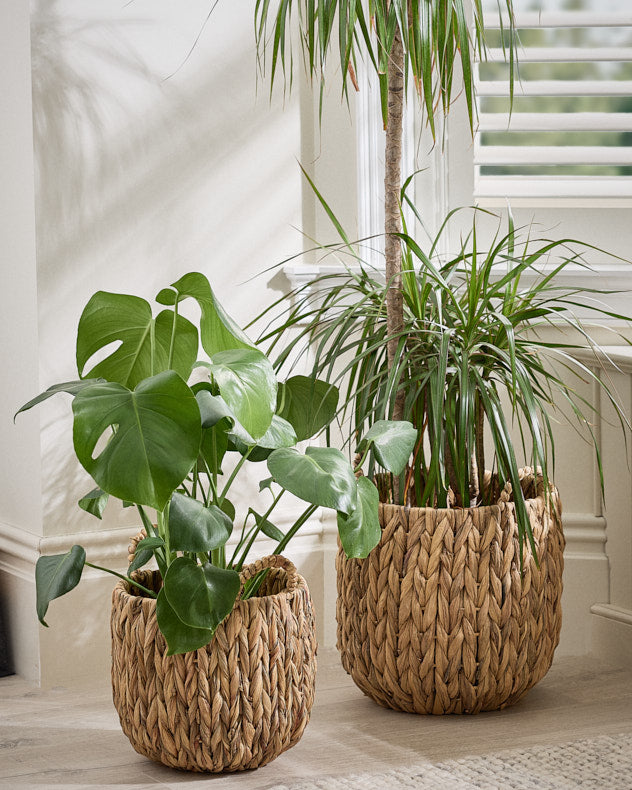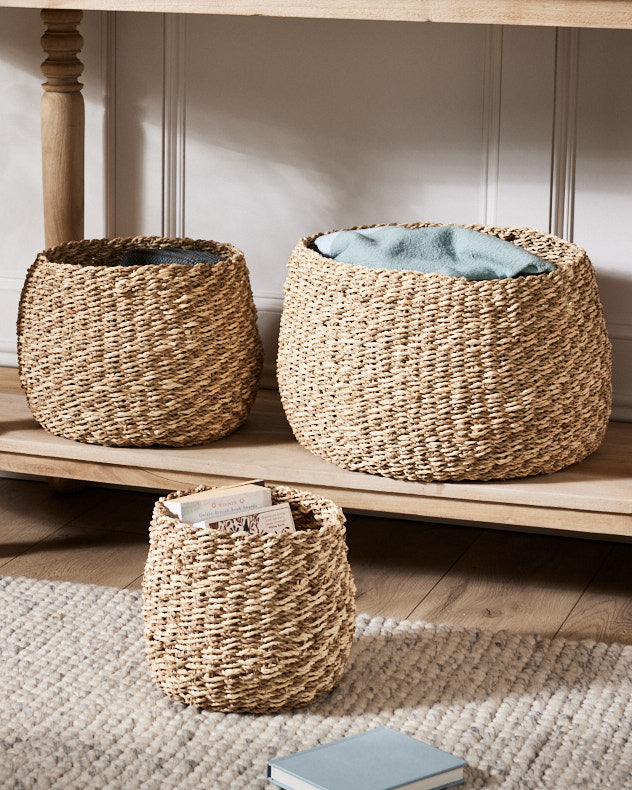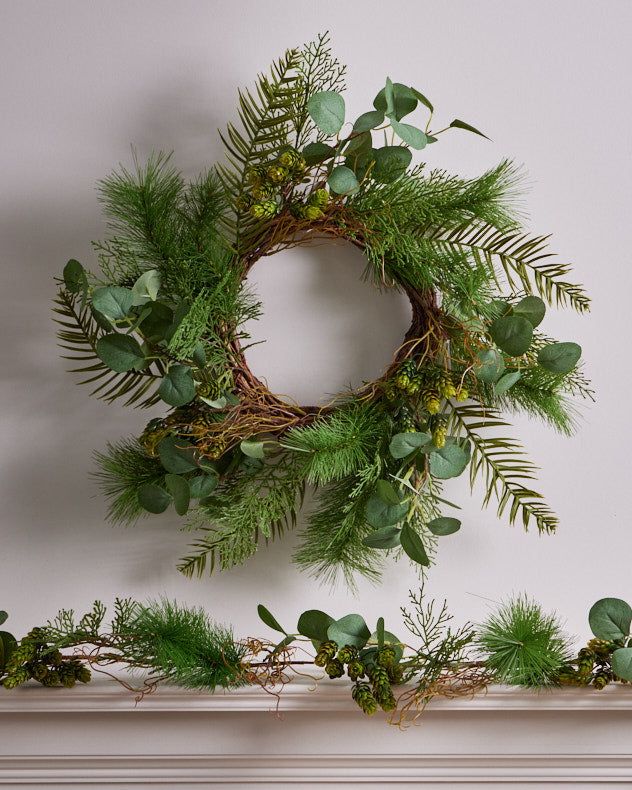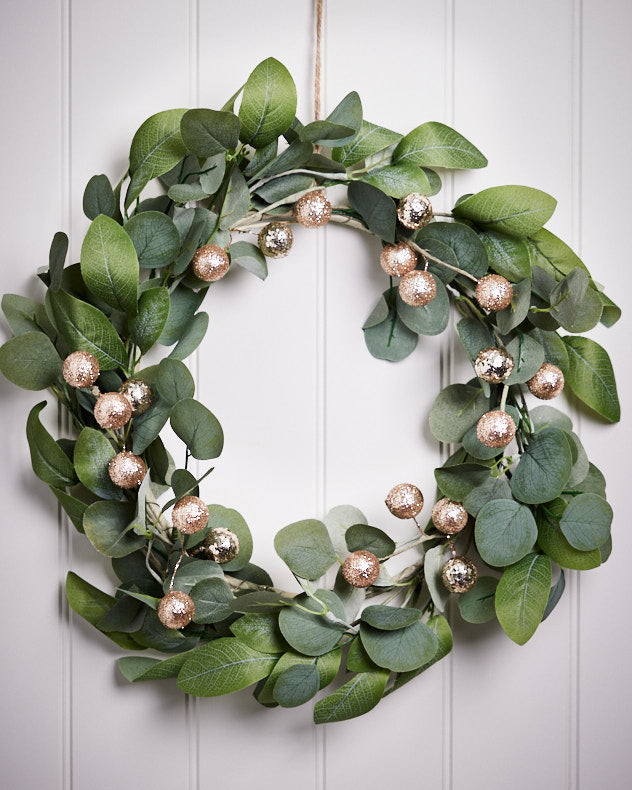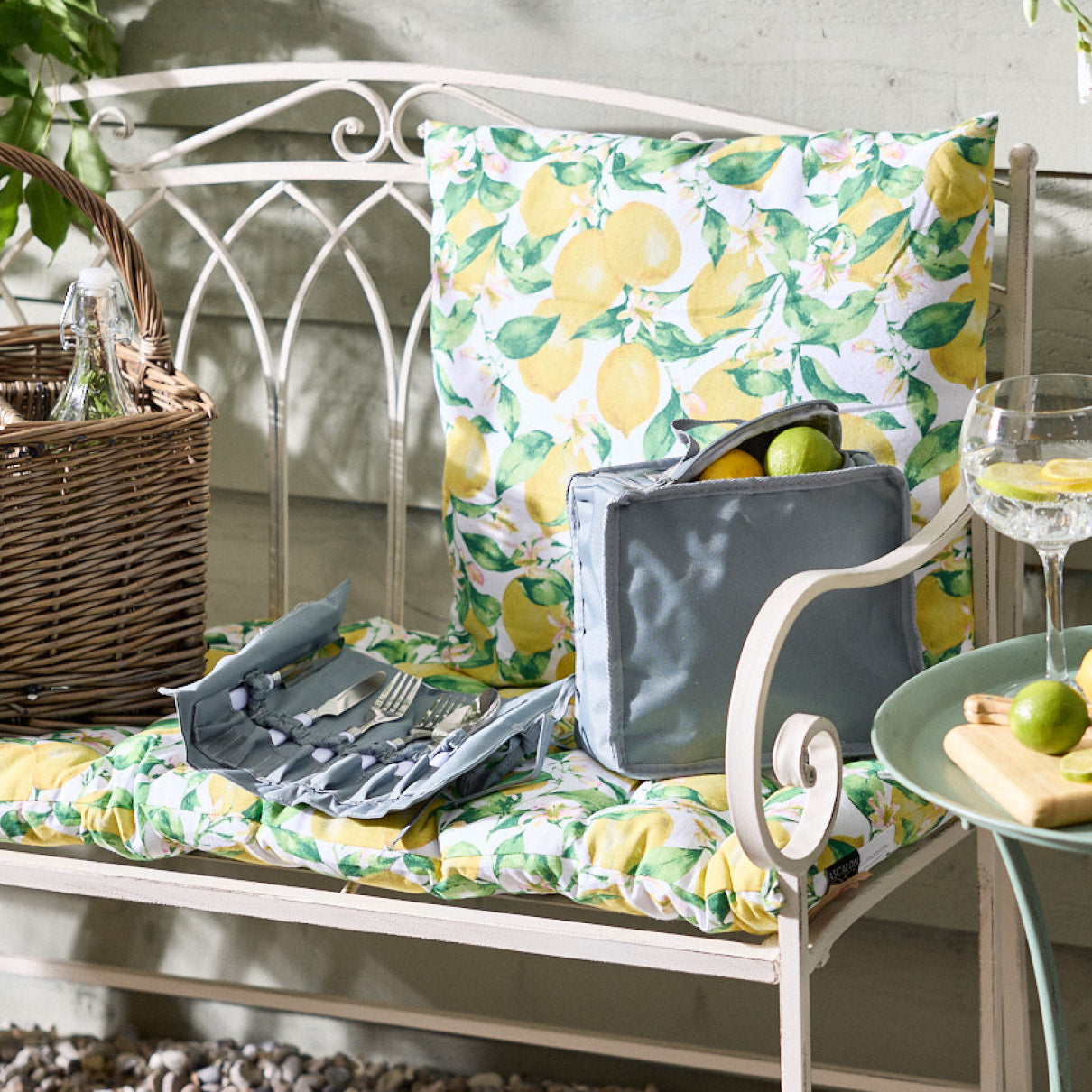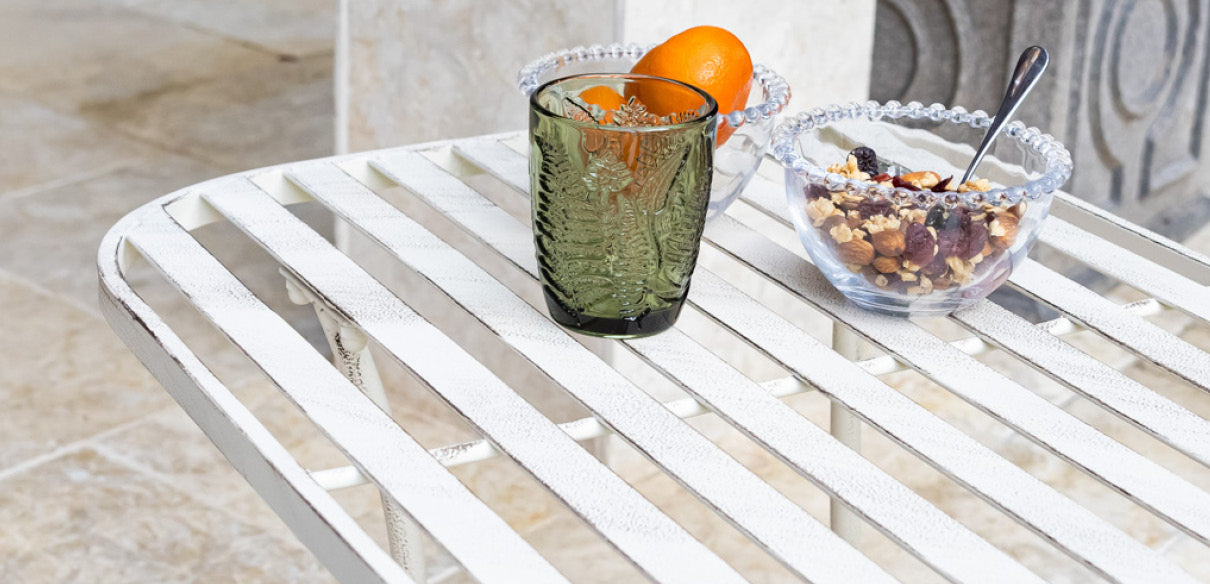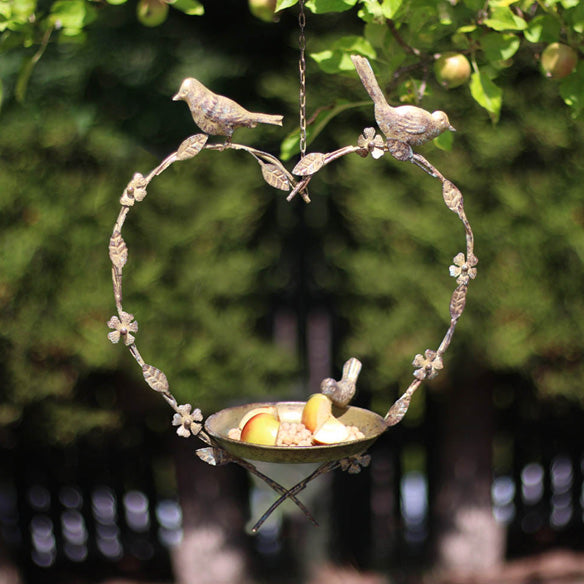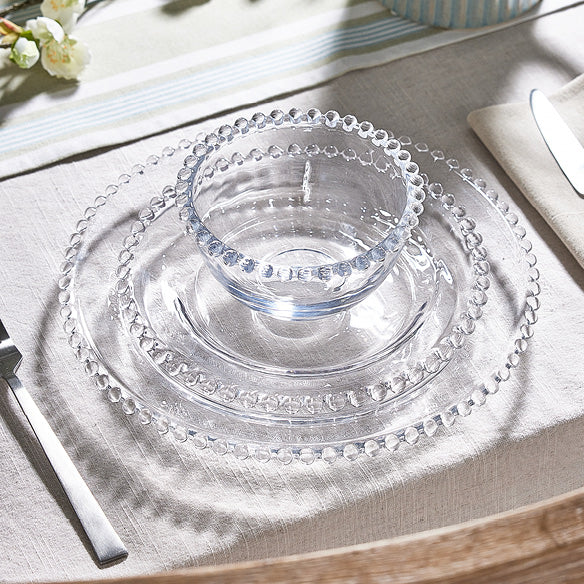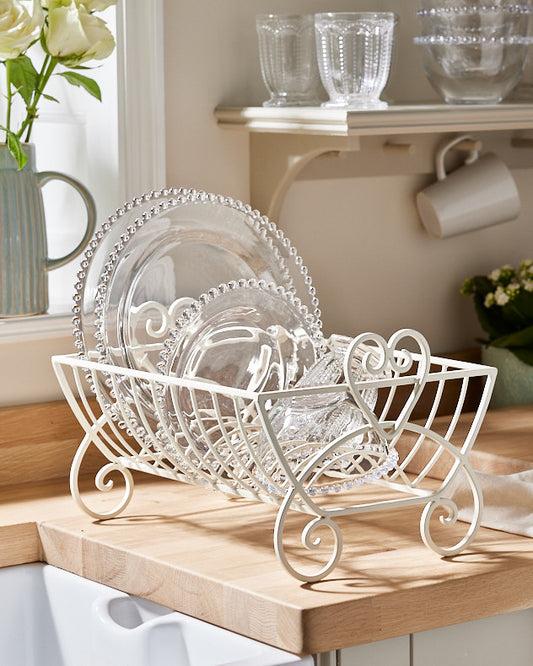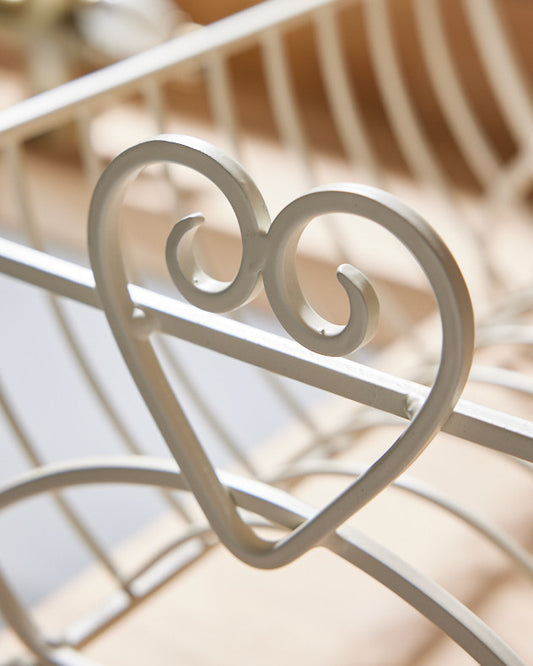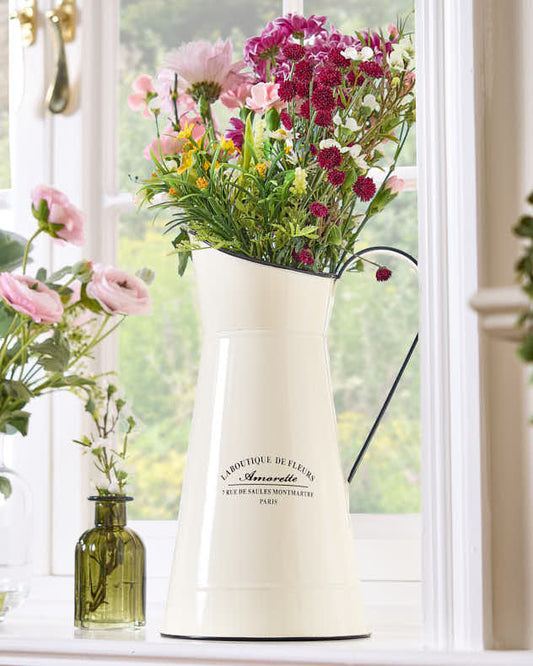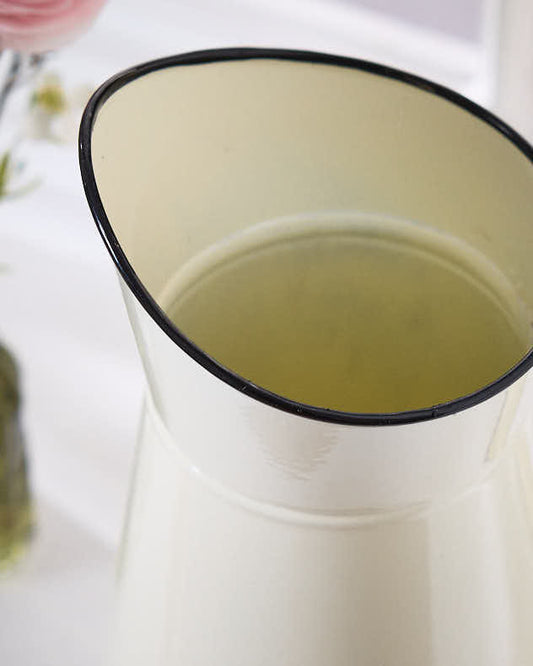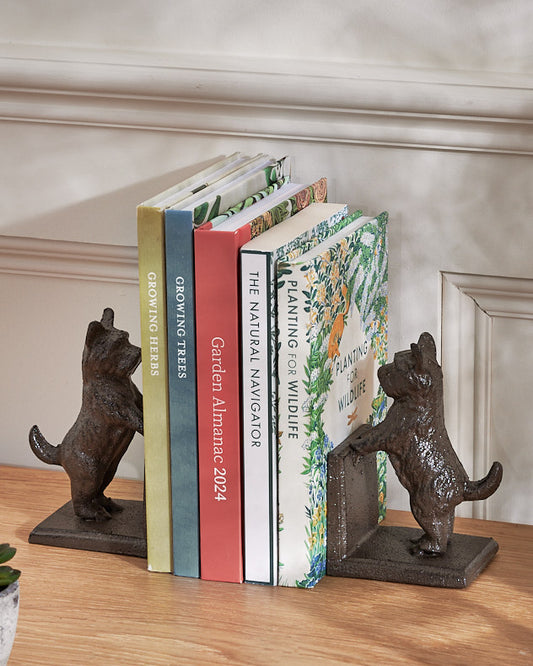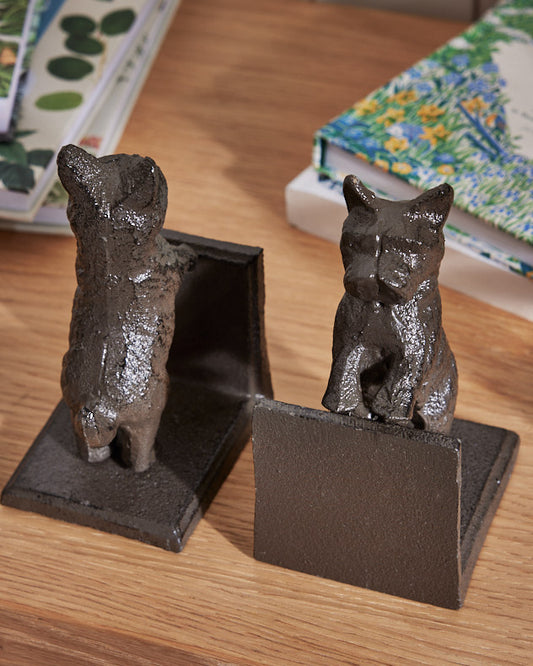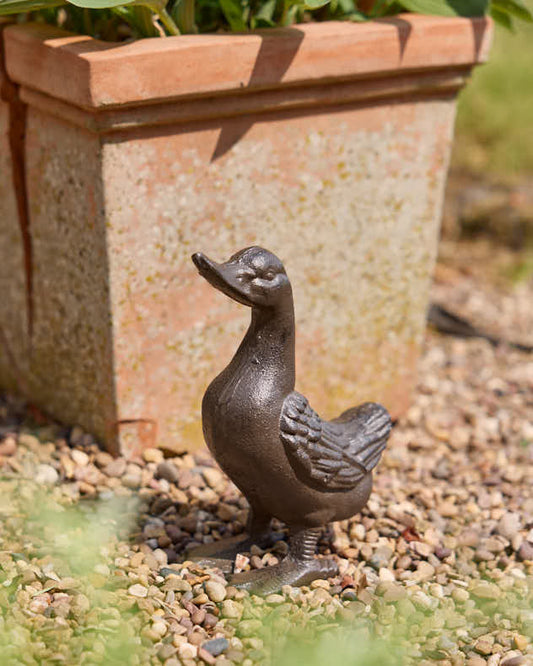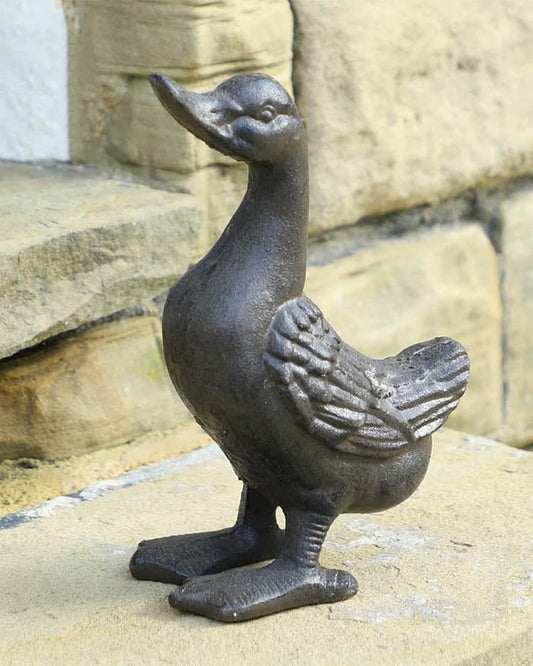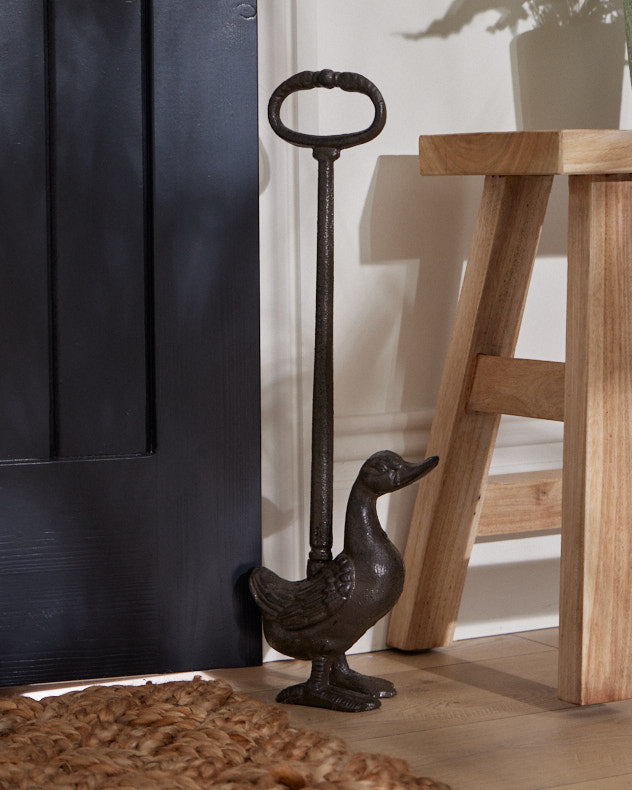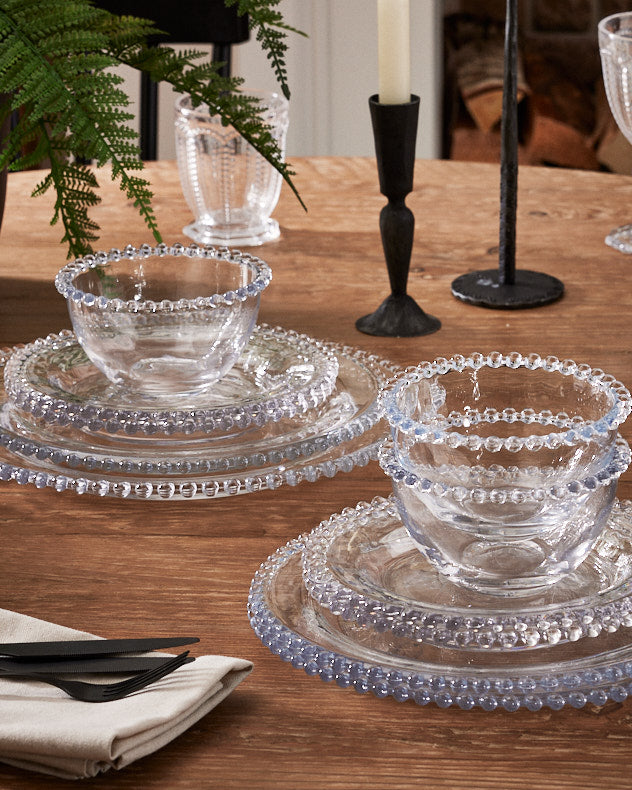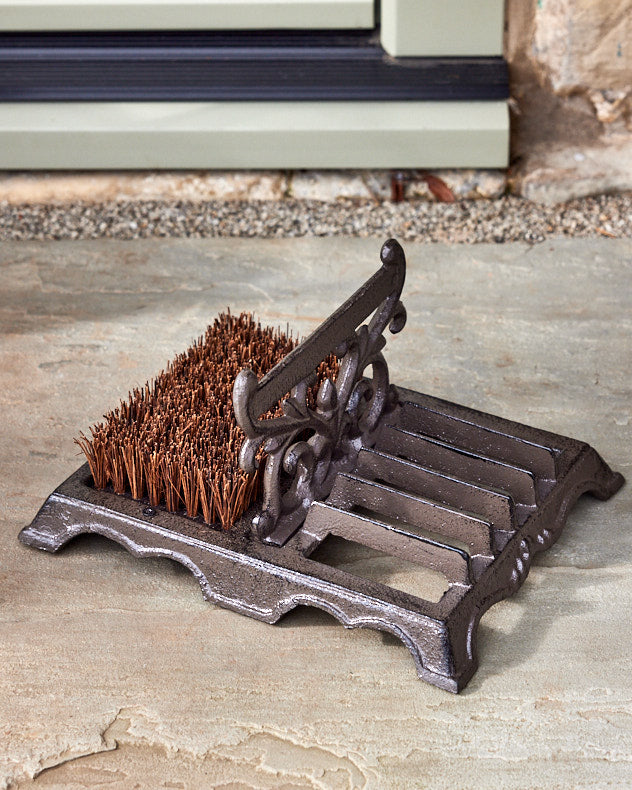Be Inspired By Sustainable Living
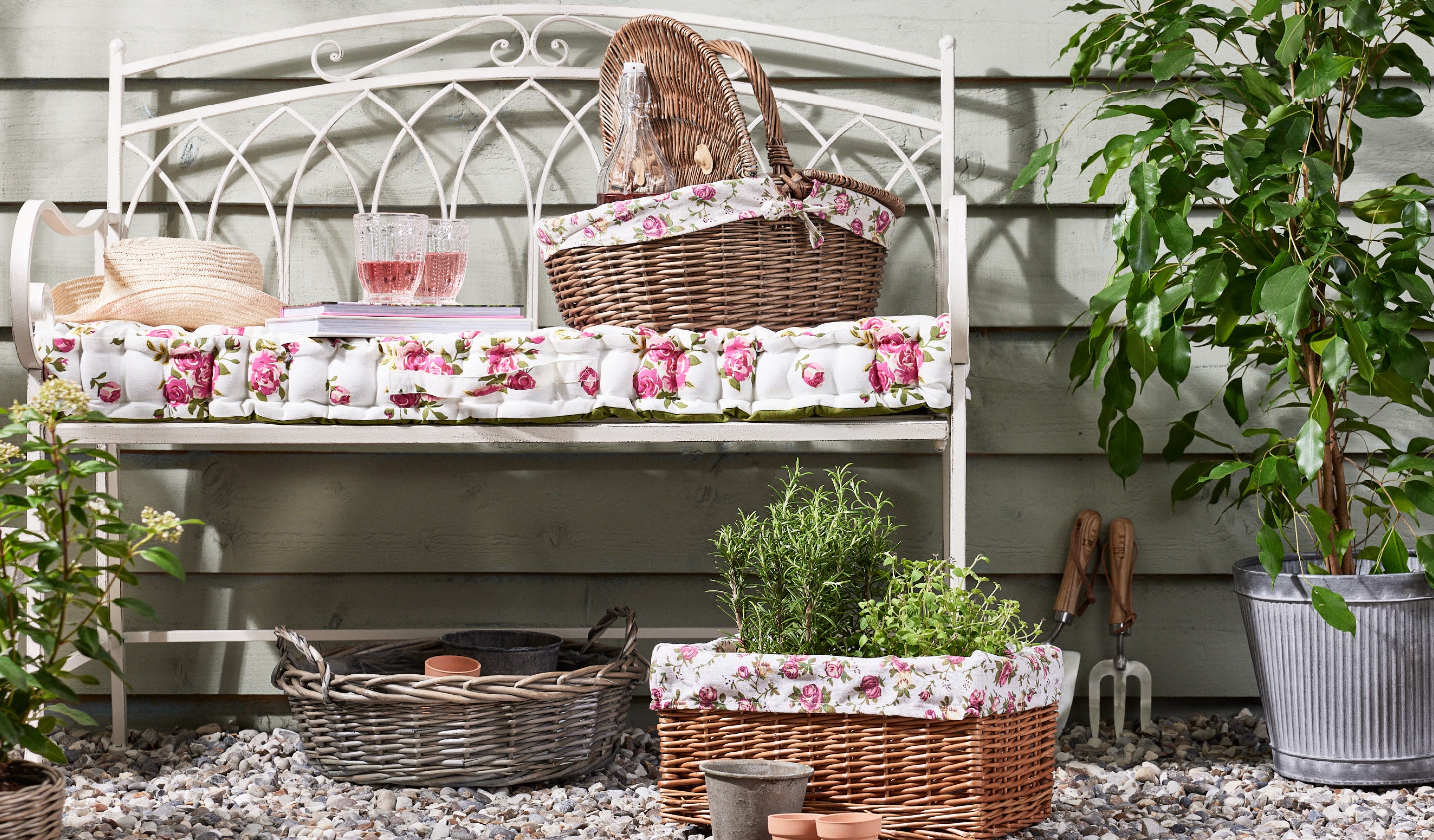
Discover The Materials- Click on each one to learn more...
Recycled Iron
Cotton
Recycled Polyester
Recycled Metal
Jute
Pine Cones
Marble
Bamboo
Coconut
Water Hyacinth
Seagrass
Eucalyptus
Recycled Polyester
The use of recycled polyester is an eco-friendly method of reducing waste produced by single-use plastics, making it a renewable choice for fabric. The process requires less resources and produces less emissions than manufacturing new polyester and means that less plastic ends up in our landfills and oceans.
Jute
Jute is a plant based natural material which is 100% sustainable and can even be recycled. The strong fibres are ideal for spinning into a durable yarn which can be woven into a variety of products. Like bamboo, the quick-growing jute does not require any pesticides or fertilisers, requires minimal water, and benefits the soil fertility for future crops.
Marble
A natural stone, marble has a low-impact manufacturing process and can even be recycled, making it a renewable alternative to other types of stone. Strong and durable but beautiful in finish, marble makes an excellent material for home accessories, as it is long-lasting and full of aesthetic appeal.
Bamboo
A durable natural material which grows faster than wood but with a similar aesthetic appearance, bamboo is a sustainable alternative. Requiring little water to grow, bamboo absorbs more CO2 and produces more oxygen than trees, while its naturally antibacterial properties mean that it does not need fertiliser or pesticides, reducing harmful impact on the environment.
Coconut
A traditionally produced material, coconut coir is a natural alternative to artificially manufactured fabrics. It is made by recycling the waste product of coconuts, so it is renewable in and of itself. Completely eco-friendly and sustainable, coir is durable and hard-wearing while retaining a natural look. The organic fibres are easy to dye and shape, making a wonderfully versatile material.
Water Hyacinth
Boasting a rich history of use, water hyacinth is a traditional material produced from an aquatic plant which grows very quickly, making it a plentiful alternative to synthetic fibres. Water hyacinth is manufactured in a fully manual process, preserving traditional techniques. Easy to weave into various shapes, yet still durable, water hyacinth is an excellent material for so many products.
Seagrass
The production of seagrass as a sustainable fibre is a traditional manufacturing process which helps to maintain time-honoured native methods for an eco-friendly alternative to synthetic materials. An aquatic plant similar to Water Hyacinth in its uses as a homeware product, the natural seagrass is durable, yet lightweight and biodegradable.










